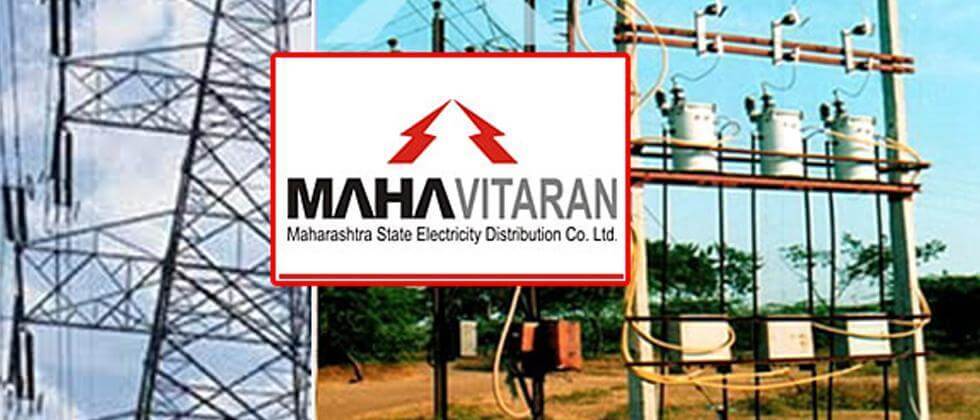A recent incident involving the Maharashtra State Electricity Distribution Company Limited (MSEDCL) has sparked concerns among consumers over the imposition of additional security deposits on new electricity connections in the city.
Typically, MSEDCL collects an annual security deposit in April from existing power consumers based on their increased average electricity consumption. Consumers also receive interest on this deposit. However, a recent case involving a commercial consumer has raised eyebrows about the transparency of the process.
The issue centers around Arun Singh, Director of an automobile training institute in Vaishali Nagar, who had applied for a new commercial power connection as part of his business expansion plans. After routine inspections, MSEDCL issued a payment demand of ₹10,970, which included a security deposit of ₹10,850 — calculated based on the expected monthly electricity bill.
Singh complied with the payment. However, within days, he received an additional notice from MSEDCL, demanding an extra ₹3,000 as a further security deposit — even before the connection had been activated. This sudden request prompted Singh to question the fairness and legality of the charge, arguing that such deposits are generally levied after a year of usage, based on actual consumption.
When approached, MSEDCL officials confirmed the imposition of the additional deposit, stating that there is a provision to collect security deposits from new consumers as a precautionary measure. They argued that future usage is projected to increase, justifying the advance payment.
Sources within the power utility, however, hinted at a broader issue. “This could be seen as part of MSEDCL’s drive to boost revenue collection,” said one source, requesting anonymity. Critics have termed the move as “unethical” and financially burdensome for new businesses already investing heavily in infrastructure and expansion.
Consumer rights advocates have called for greater clarity and consistency in MSEDCL’s billing policies, especially for new commercial applicants, urging regulatory bodies to step in and review such practices.
👉 Click here to read the latest Gujarat news on TheLiveAhmedabad.com




